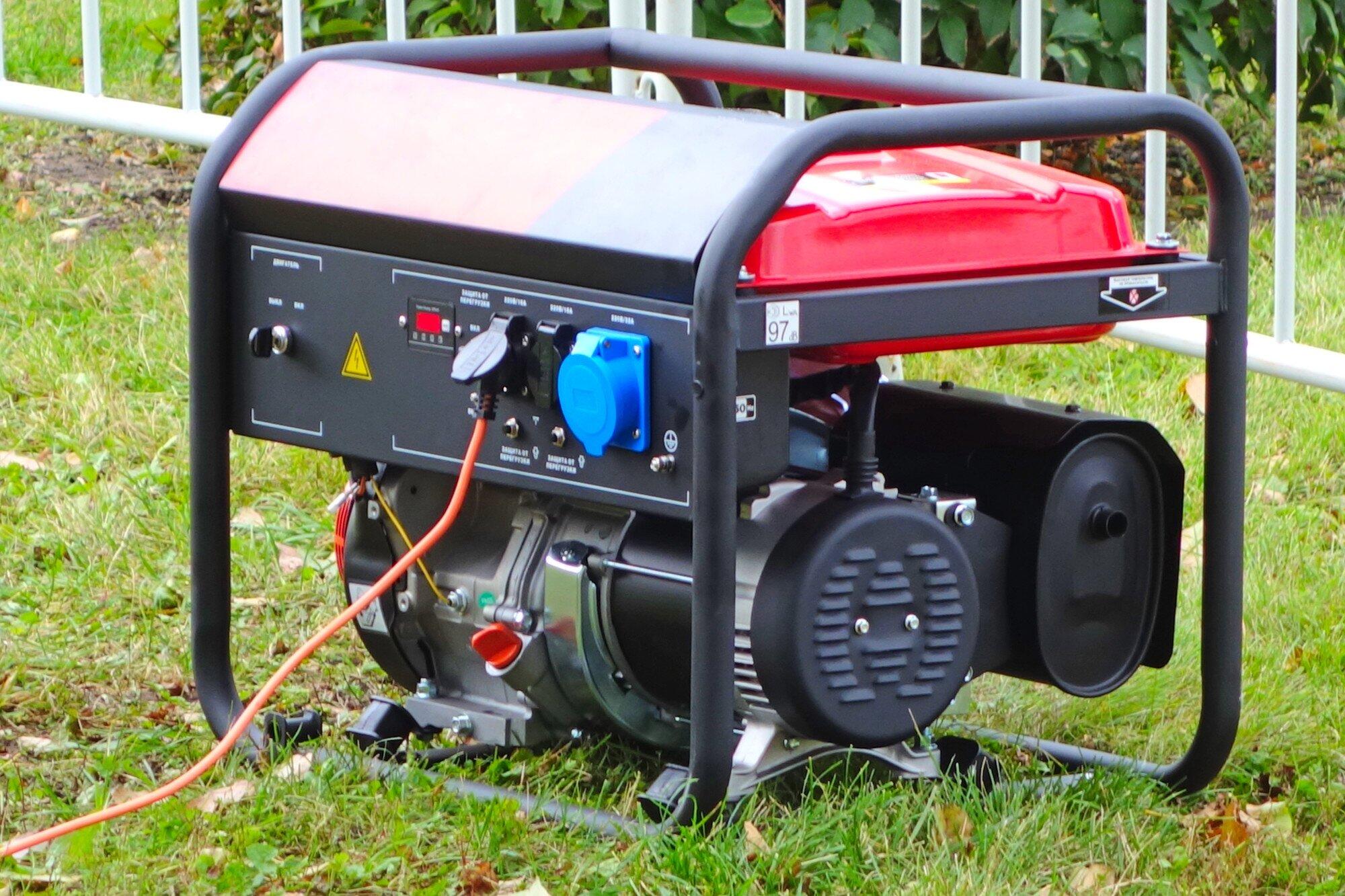
Discover the secrets to a successful off-grid generator setup with our comprehensive guide. Whether you’re looking to decrease your carbon footprint, prepare for a power outage, or simply have access to electricity in remote locations, setting up an off grid generator can be a game changer. But with so many options and technical details to consider, it can quickly become overwhelming.
That’s where we come in. We’ve compiled a list of tips and tricks to help you navigate the installation process with ease and efficiency.
This guide has you covered. This is from choosing the right generator for your needs to finding the perfect location, and everything in between. Read on.
Selecting the Right Off-Grid Generator
The first step in your off-grid power journey is selecting a generator that suits your specific needs. Consider the following:
Power Consumption Analysis
Calculate your power consumption by listing all the electrical devices you plan to use and their wattage. This will help you determine the size and type of generator needed to meet your energy demands. An example of this is a portable solar power.
Fuel Type
Generators come in various types-diesel, gasoline, propane, and even renewable energy sources such as wind or solar. Consider the availability and sustainability of the fuel in your area.
Noise Restrictions
Loud generators can be a nuisance, especially in rural settings. If peace is a priority, look for inverter generators that are designed to operate quietly.
Emissions
Environmental considerations are crucial. Newer models often come with lower emissions and are EPA-compliant.
Maintenance Requirements
Regular maintenance is key to the longevity of your generator. Select a model that is easy to service or find a local technician who can assist with maintenance and repairs.
Size and Sizing Your Off-Grid Generator
The correct sizing of your off-grid generator is non-negotiable. Too small, and you’ll face constant power shortages; too big, and you’ll overspend on the initial purchase and fuel costs.
Determining the Load
Understand your load profile-continuous and startup. Different appliances have varying startup loads, often significantly higher than their running load.
Sizing Considerations
Factor in the generator’s derating as well as environmental conditions such as altitude and temperature. High altitudes can decrease the generator’s performance.
Battery Banks and Inverter Systems
Consider the use of battery banks and inverters to reduce the required size of your generator and provide power even when the generator is not running. One of the newest trends is a solar panel with a battery.
Installation and Set-Up
Proper installation of your off-grid generator ensures its safety and longevity. Here’s how to go about it:
Location, Location, Location
Choose a well-ventilated, weather-protected area. Generators should never be installed indoors due to the risk of carbon monoxide poisoning.
Secure the Generator
Properly anchor the generator to prevent shifting during high winds or seismic activity.
Exhaust Systems
Install the exhaust system correctly, ensuring fumes are directed away from the generator and dwellings.
Electrical Connections
If you’re not an electrician, it’s essential to hire one for the connections. Improper electrical work can lead to shorts, fires, or even electrocution.
Safety and Operation
Safety should be your top priority when it comes to operating an off-grid generator. Observe these protocols:
Grounding
Always ensure the generator is properly grounded to prevent electrical shocks and other hazards.
Electrical Isolation
The generator should be electrically isolated from the grid to avoid backfeeding, which can be deadly for utility workers.
Fire Safety
Keep a fire extinguisher nearby and maintain a clear area around the generator, free from flammable materials.
Ongoing Monitoring
Regularly check your generator for signs of wear, leaks, or damage. Follow the manufacturer’s recommendations for service intervals.
Integrating with Renewable Energy
For the most efficient off-grid system, consider integrating your generator with renewable energy sources like solar or wind.
Hybrid Systems
Hybrid systems use multiple energy sources to minimize fuel consumption. They can include a variety of generators, be they diesel, propane, or renewable.
Charge Controllers and Inverters
Invest in quality charge controllers and inverters that can handle the variable power inputs from different sources.
Battery Management
Properly managing your battery bank is crucial. Balance charging, prevent deep discharging, and monitor cell health.
Troubleshooting and Maintenance
Even the most robust off-grid generator needs care. Stay ahead of potential issues with regular maintenance and knowing your system.
Routine Checks
Daily checks for fuel levels, coolant, and oil should become routine. Monthly or annual checks for filters, belts, and corroded connections are also necessary.
Training
Ensure anyone who might need to operate the generator in your absence is trained in its proper use and safety protocols. This will help in avoiding any incidents.
Spare Parts and Redundancy
Keep spare parts on hand for critical components. Extended warranties and service contracts can provide additional peace of mind.
Legal Considerations and Permitting
Before you install your off-grid generator, it’s critical to familiarize yourself with the legal landscape. Different regions have different regulations regarding installation:
Research Local Codes
Every jurisdiction has its own set of rules. Some areas may require special permits for off-grid systems, or they might have restrictions on the type and size of generators you can install. Failure to comply can result in fines or being forced to remove the system.
Environmental Regulations
In addition to local codes, national environmental regulations must be considered. Some generators, particularly those running on fossil fuels, may be subject to emissions regulations. Understanding these requirements is crucial to ensure that your setup is both legal and environmentally responsible.
Professional Installation
Although it’s possible to install an off-grid generator by oneself, hiring a professional can sometimes be a legal requirement, especially for the electrical wiring aspect. Certified Lansing solar panel experts can ensure that your system complies with all applicable codes and standards.
This reduces the risk of legal issues down the line. It also helps in properly using an off grid solar kit.
Start Installing Your Off Grid Generator Today
Setting up an off grid generator doesn’t have to be a daunting task. With careful planning and the right equipment, you can enjoy the benefits of off-grid power. This is from independence to environmental stewardship.
Remember, the key to a successful off-grid generator is in the details, from initial selection to ongoing maintenance. By following these tips and tricks, you can ensure that your off-grid generator is not just a source of power. However, a reliable asset that supports your lifestyle most sustainably and efficiently as possible.
Off-grid living is about taking control of your energy future. Its first step starts with a well-planned generator set-up.
If you want to read more articles, visit our blog.




